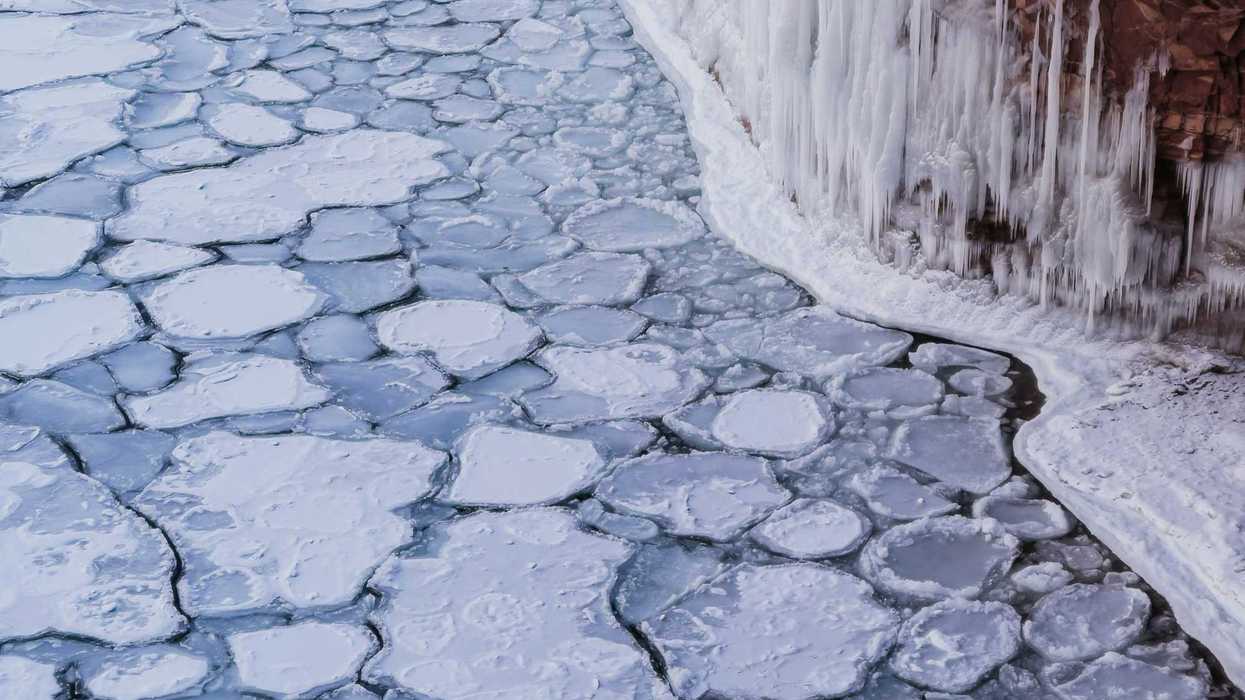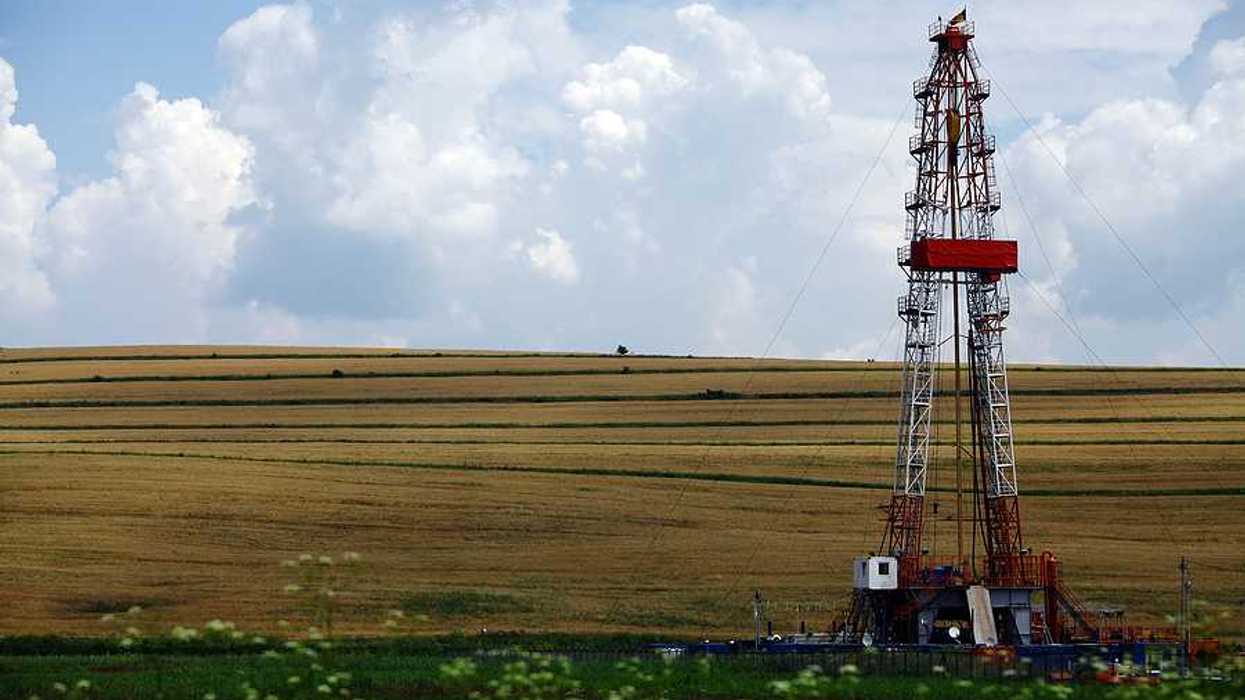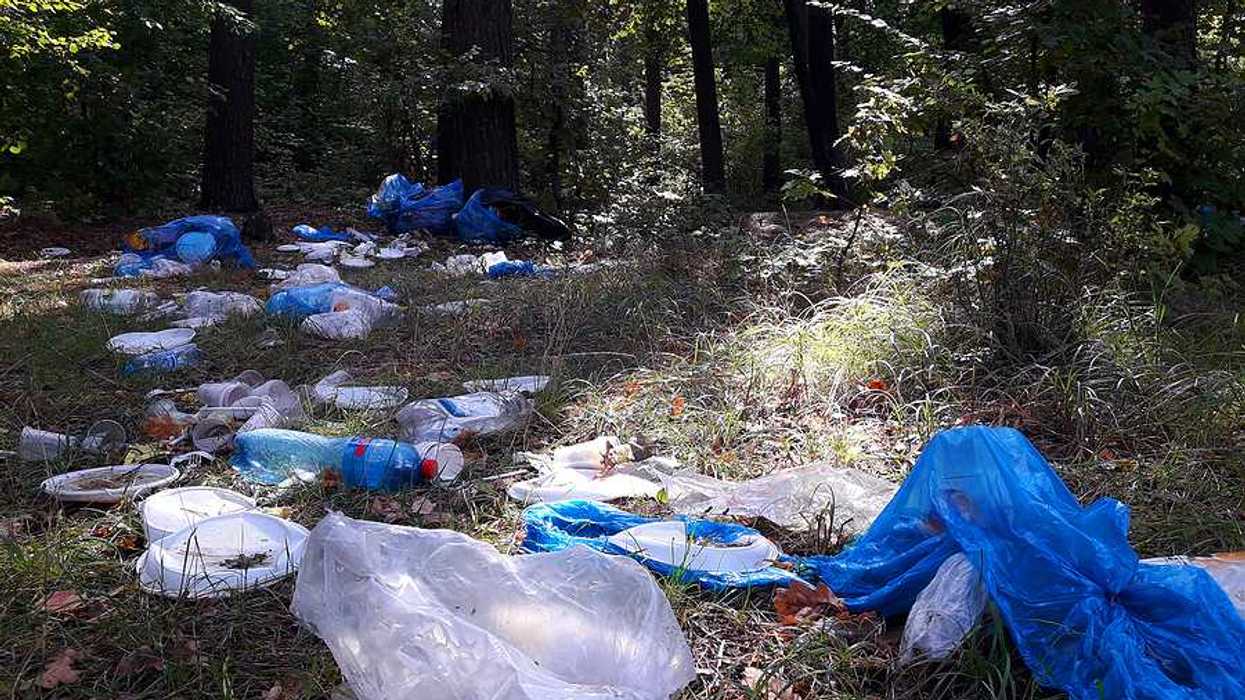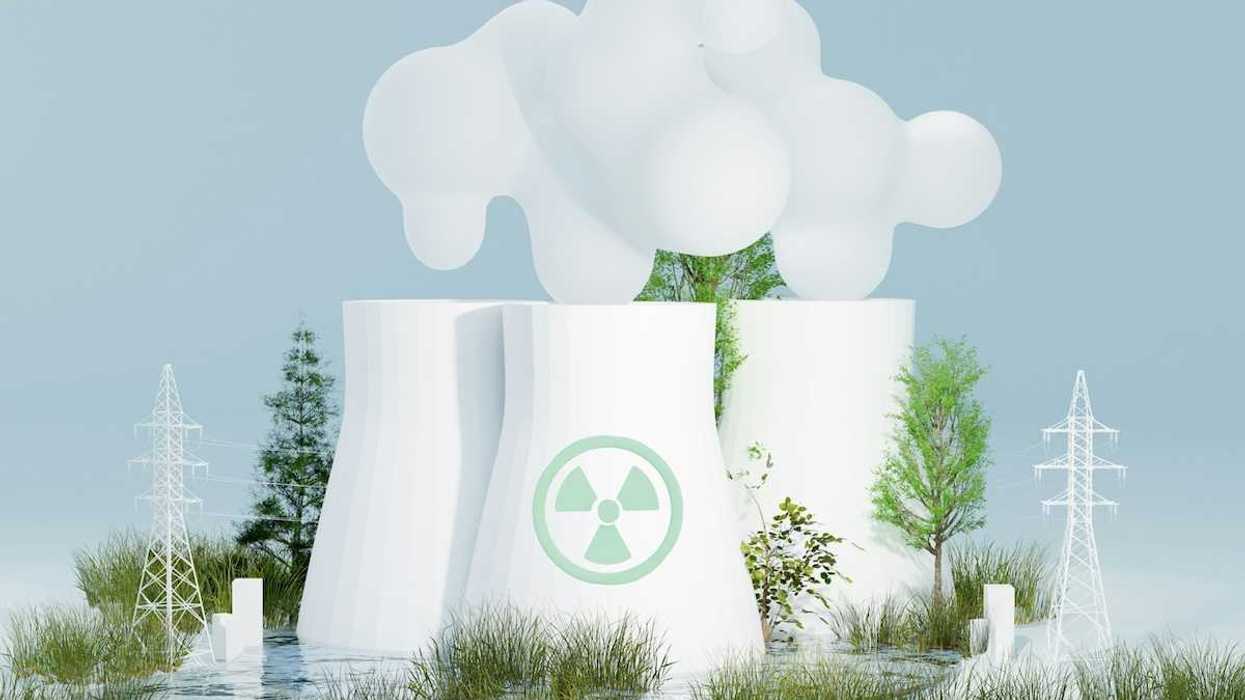Dozens of homes in Washington Township, Warren County, are receiving bottled water as federal officials test private wells for PFAS contamination linked to industrial waste spread on farmland decades ago.
Michael Sol Warren reports for NJ Spotlight News.
In short:
- The U.S. EPA is investigating PFAS pollution in groundwater after decades of industrial sludge disposal on farmland, affecting at least 372 properties.
- Officials are testing private wells, groundwater and the Musconetcong River, with bottled water provided to households where contamination exceeds federal limits.
- Plans are underway to extend municipal water service to affected homes, but testing and remediation efforts will continue.
Key quote:
“This is one of the first sites like this in the country for PFAS that’s being pursued by EPA.”
— Dave Rosoff, EPA on-scene coordinator
Why this matters:
Communities near military bases, industrial sites and landfills have discovered dangerously high PFAS levels in their water supplies, prompting lawsuits, regulatory battles and urgent calls for cleanup. Agriculture is also at risk, as PFAS-tainted water and soil can lead to contaminated crops and livestock, potentially affecting food safety on a much broader scale. Efforts to remove PFAS from the environment are costly and complicated. Meanwhile, legal battles against manufacturers, including major chemical companies, are ramping up as states and communities seek compensation for cleanup efforts.
Tags:
PFAS, Water pollution, Environmental health














